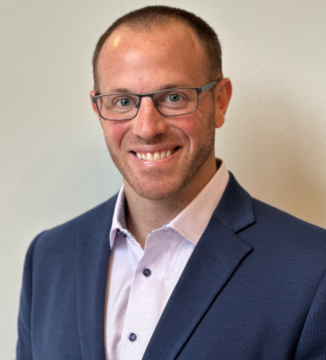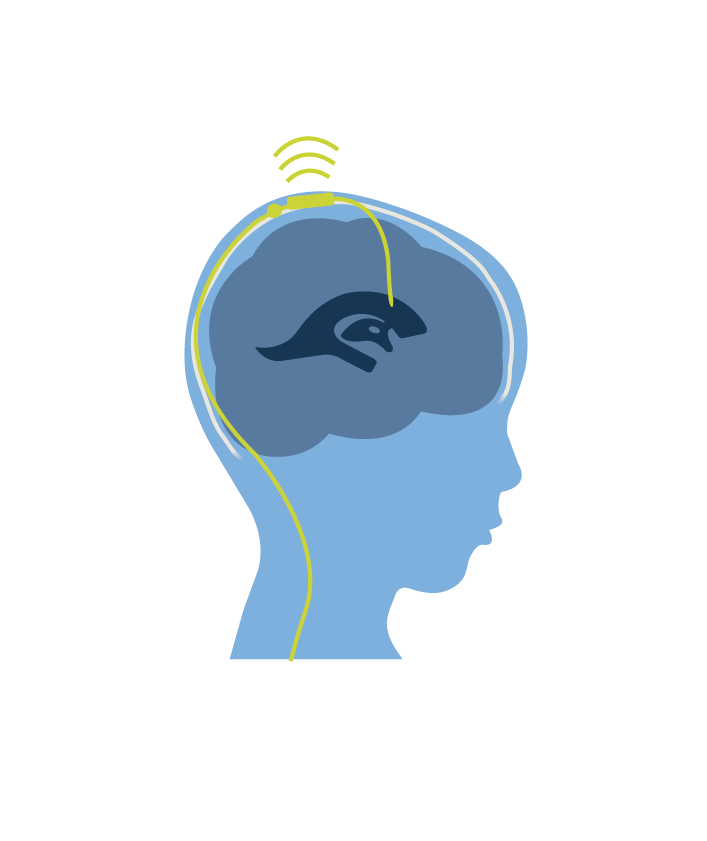
August 21, 2023
Archeus Technologies looks to bring potentially game-changing anti-cancer agent to market
Backed by decades of research and a visionary team, Archeus Technologies aims to improve cancer treatment with a novel approach.
Archeus Technologies looks to bring potentially game-changing anti-cancer agent to market
Isthmus Project’s investment portfolio is expanding, thanks to an upcoming and perhaps game-changing tool in the fight to save the lives of cancer patients. Fueled by decades of pre-clinical study, $20 million in support from the National Institutes of Health (NIH), and a world-class team of about 75 University of Wisconsin experts representing every facet of cancer research, this novel approach to fighting cancer appears to show promise. In 2023, Isthmus Project invested in Archeus Technologies, a Madison-based biotech startup that seeks to bring the concept to market.

Jamey Weichert – Chief Science Advisor
Known as targeted radionuclide therapy, or TRT, this approach targets cancer cells that have historically evaded the body’s immune system. It combines a low-dose radioactive element with a molecule, called NM600, that mimics a type of lipid, or fat, found in rapidly dividing cancer cells. Patients would receive an injection to “scuff up the tumor with a low amount of radiation to make it easier for the immune system to recognize it,” says Jamey Weichert, Ph.D., a UW professor of radiology who has conducted TRT research for more than three decades. Once treated with low-dose TRT, the cancer cells become recognizable to the immune system and immunotherapy is introduced. This combination treatment simultaneously destroys cancer cells while eliciting a positive long-term immune response.
Exposing the patient to a fraction of the radiation experienced with other treatments, Archeus’ approach has an attractive safety profile and is highly precise in its cancer-fighting capabilities.
“Conventional radiation therapy, or external beam therapy, has played a prominent role in cancer care for several decades,” says Archeus’ CEO, Evan Sengbusch, “Unfortunately, this treatment can damage normal cells in addition to cancer cells because the radiation fields also interact with healthy cells. Agents such as NM600, however, deliver radiation from inside cancer cells, minimizing exposure to surrounding healthy tissue,” Sengbusch adds.

Zach Morris – Chief Medical Advisor
Dr. Zach Morris, a UW Health radiation oncologist, says that one of the great features of agents like NM600 is that it can be given both diagnostically and therapeutically.
“We call it a theranostic,” Morris says. “With the help of PET scanning, we first determine whether the patient’s tumor will absorb the agent before we give a therapeutic dose of the agent. It also lets us customize a personalized prescription to deliver the desired amount of radiation for each patient.”
Proving efficacy in humans
UW Health cancer researchers are eager to gauge whether NM600 triggers the same anti-cancer effect in humans that has already been seen in tests with mice and dogs. Candidates for the first phase of clinical trials include those who received other treatments, but then experienced a recurrence or showed no response.

Positron Emission Tomography images demonstrating the broad tumor-targeting of an Archeus targeted radioisotope therapy agent in mice.
“Our goal is not just to give these patients a few more months or a couple of years but to actually cure their cancer,” Morris says. “Much needs to be seen with the upcoming trials but just the possibility of achieving this outcome would be a dream come true, not only for patients but for everyone who has worked on this monumental project,” he adds.
If found to be safe and effective for human patients, NM600 could eventually become a trailblazing new form of cancer care, especially for patients whose hopes have been dashed because their cancer came back or didn’t respond to initial treatment.
Archeus leadership, and investment dollars
Archeus’s Sengbusch, who earned his doctorate in medical physics from UW-Madison in 2012, shares the excitement of many who believe TRT shows promise, especially for patients with advanced disease and historically lower survival rates.
Archeus’ vision, along with UW’s outstanding reputation in relevant fields — imaging, radiochemistry, nuclear physics, medical physics, human oncology, medical oncology, and immunology — could ideally position UW Health as the first cancer center in the world to begin treating human patients with NM600.
This, along with the long history of NIH-supported UW research into TRT, makes Archeus an ideal investment opportunity says Elizabeth Hagerman, UW Health chief innovation officer and executive director of Isthmus Project.
“Isthmus Project seeks out startup companies looking to bring medical treatments and products developed by UW experts to market,” she says. “With Archeus, we also see tremendous benefit in having UW Health be the first site where NM600 will be given to human patients.”
Promising implications on the horizon
If eventually approved for use in human patients, NM600 would be one of a small handful of TRT agents that have received approval for patient use by the U.S. Food and Drug Administration (FDA).
“Only a handful of TRT drugs are approved for patient use, but there have been two recent approvals with significant commercial potential,” says Sengbusch. “Both are showing encouraging results and if all goes well, we believe many of these anti-cancer agents will become available during the next decade.”




